The S beam load cells required to do more work or heavy duty work are made from a corrosion resistant, carbon-steel, nickel-plated alloy. S beam load cells are used for several applications including weighing tanks and industrial process control, static weighing, dynamic weighing, and force measuring operations. Read More…
Our load cells are manufactured with the highest attention to detail at all stages. Whether it is through the design stage, engineering stage, or through hundreds of tests run daily, we ensure that our products outshine all competitor products.

Founded in 1985, Load Cell Central has firmly established its reputation as a leader in load cell manufacturing, custom weighing system integration, and first-class load cell repairs. Load Cell Central offers a wide variety of popular load cell and component configurations for virtually every new or old weighing system, scale or component replacement possibility. Technical and after-sale support, ...

At TyTek Industries we manufacture load cells to suit all capabilities. Our expertise has provided insight and load cell solutions for a range of customers and industries. Our engineering team’s philosophy ensures we do everything humanly and technologically possible to match your requirements with quality, cost and delivery. We’re here to help you carry the load.

SENTRAN's corporate charter is to manufacture and market premium quality load cells. SENTRAN serves the biomedical, pharmaceutical, food and beverage, material handling, aerospace, automotive, agricultural, fitness and health, petrochemical and off-shore industries. SENTRAN’s experienced and knowledgeable workforce is capable and ready to find the solution that’s right for you. Call now!

Since 1976, Toledo Integrated Systems has developed force measurement, tonnage monitoring and press control systems for some of the finest manufacturers in the world. We have created many of the innovations that have set the standard for force measurement today. Products include: strain gage sensors and load cells, we’ve also expanded to tonnage monitors, load modules, die protection.

More S Beam Load Cell Manufacturers
S beam load cells are aptly named for their "S" shape and fall under the beam load cell category of load cells. There are different kinds of beam load cells, and they include: shear beam load cells, single point load cells, heavy duty shear load cells, shear beam load cells, double beam load cells, cantilever load cells, and bending beam load cells.
S beam load cells measure both tension and compression, and they are a good choice for performance and versatility as they are made of alloy steel with nickel plating and have a broad assortment of hardware which comes with them. S beam load cells are suitable for smaller silo vessel and tank weighing uses or to build on OEM projects or testing machines.
Each S beam load cell has a threaded hole at each end, making it a very versatile and flexible solution. Different accessories can be added to the S beam load cell to add an extra degree of utility or accuracy, depending on your requirements. The threaded hole can also be fitted to a threaded bar, eyebolt, or rod end bearing depending on the manufacturer and the purpose for which the load cell is to be used.
S beam load cells have several advantages including cost-effectiveness, high endurance, high side load rejection, better sealing and protection, built in overload protection, single point construction, a wide range of operating temperatures, and both high and low capacities.
As with every purchase, there are certain things to consider when purchasing an S beam load cell. The first is the measurement duration and this depends on if the intended load cell application requires a short term duration with tare or a long term duration without tare. Another thing to consider is the output requirement and whether the desired output is digital USB, wireless, or analog. Other factors include options for mounting, operations cost, operating temperature conditions, and measurement speed.






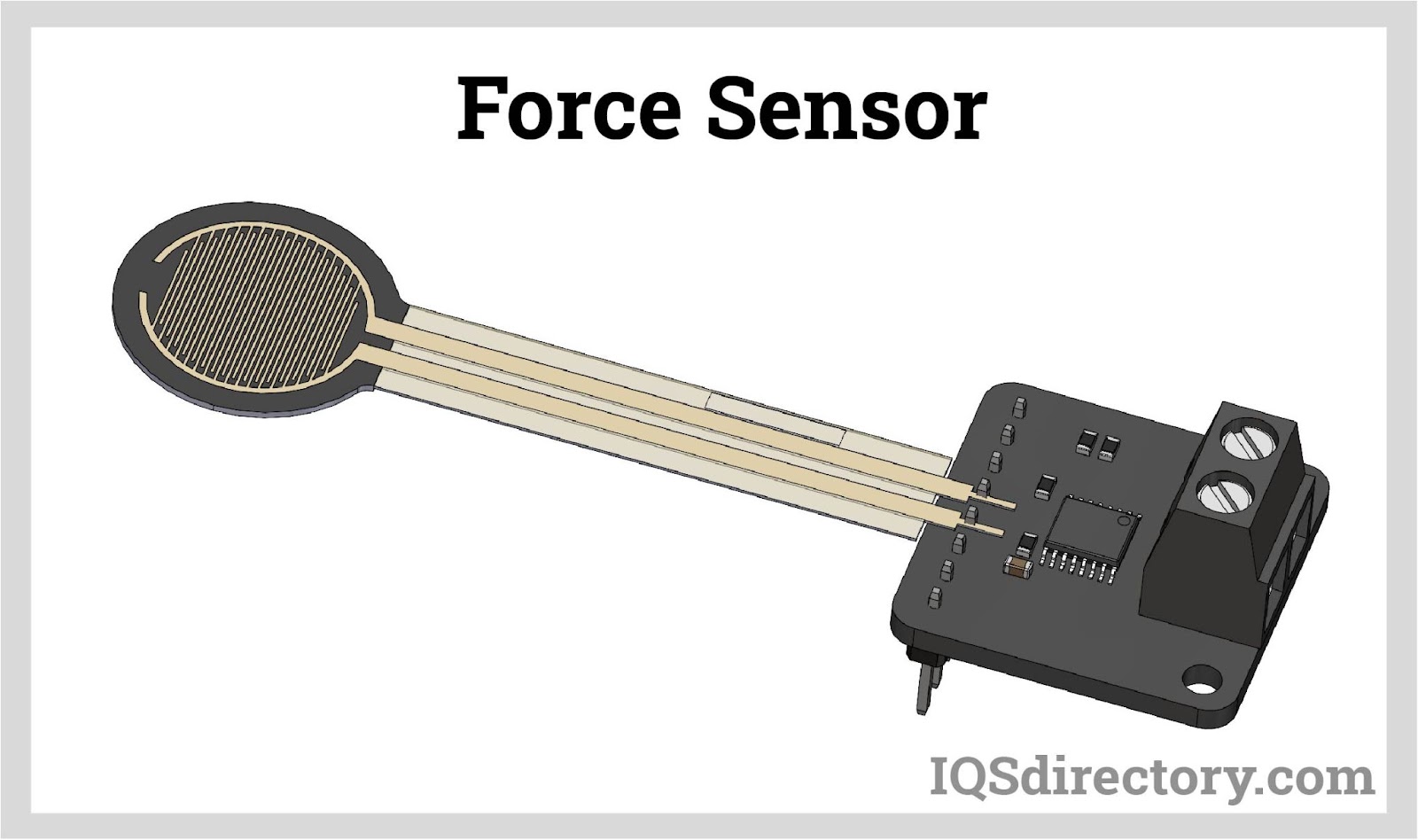
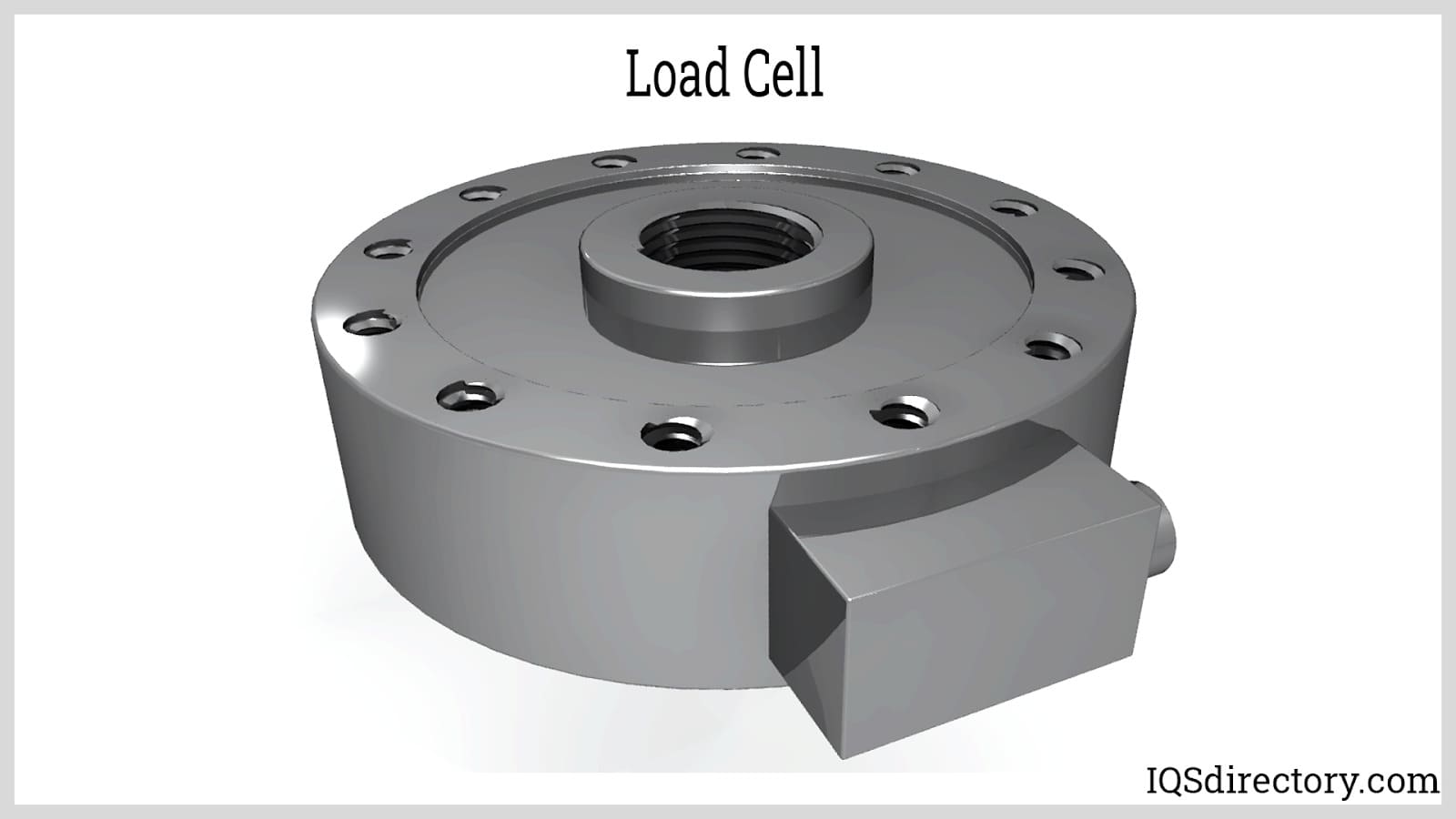
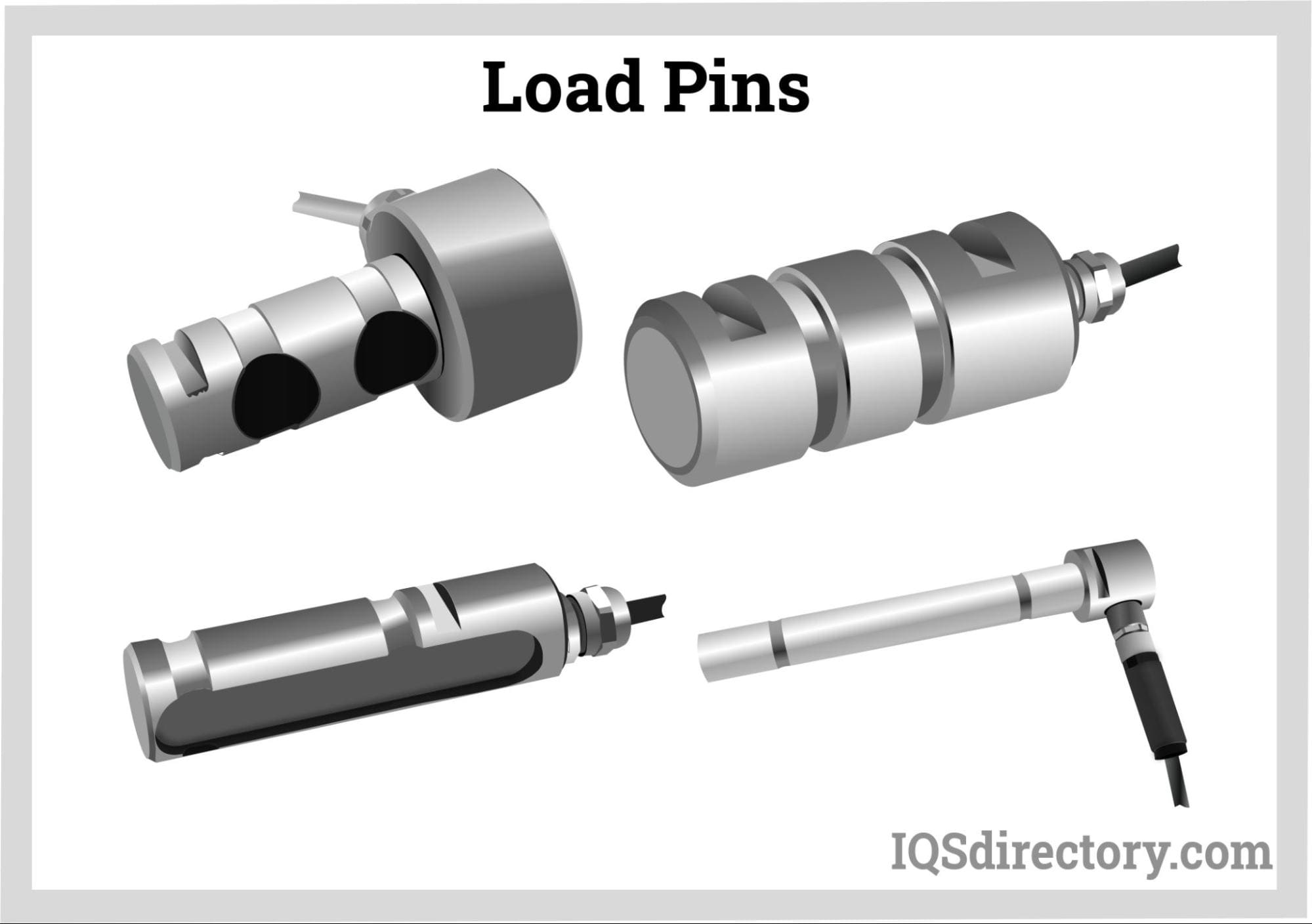
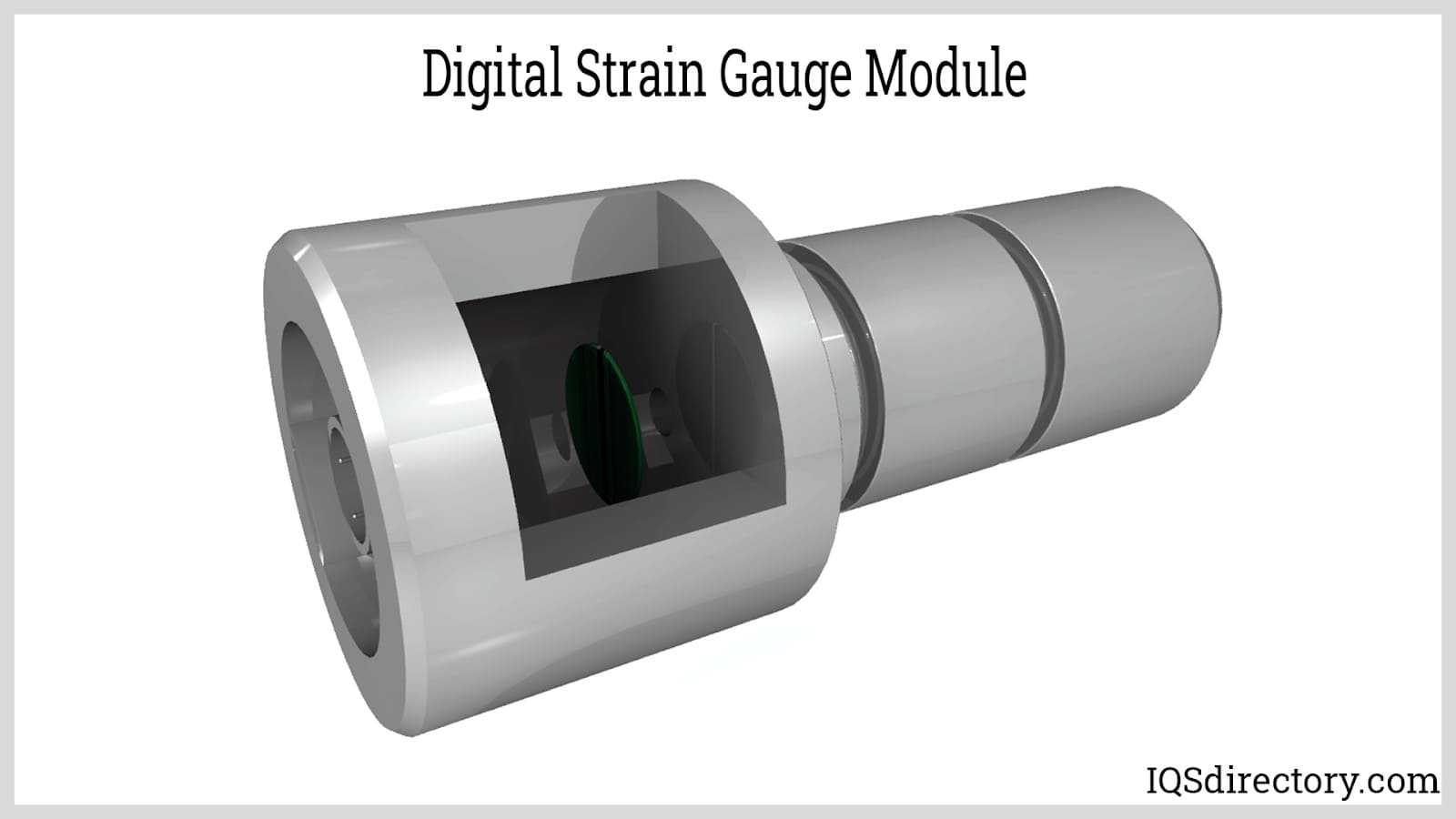
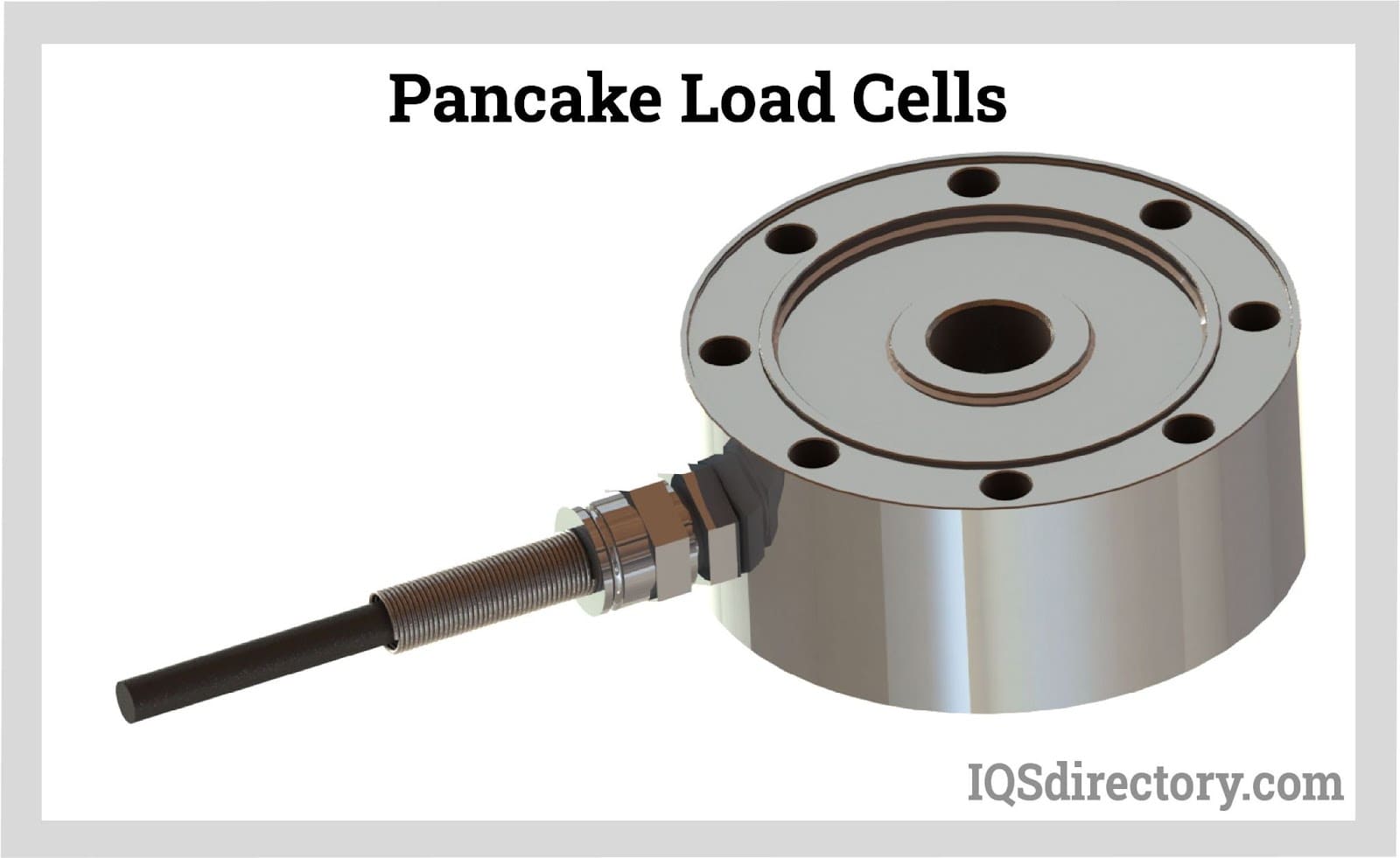
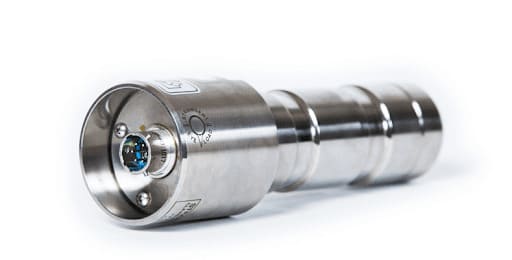
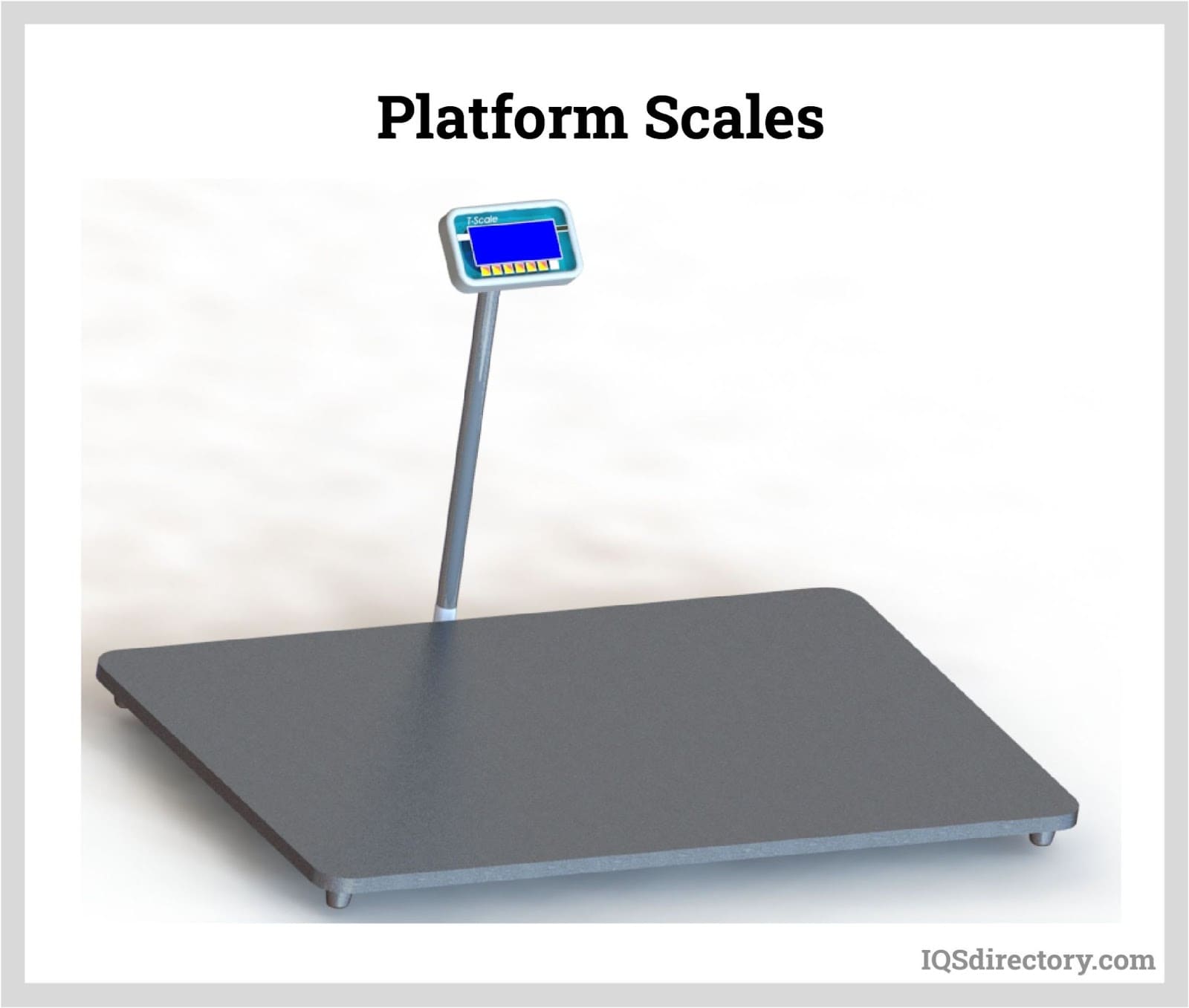
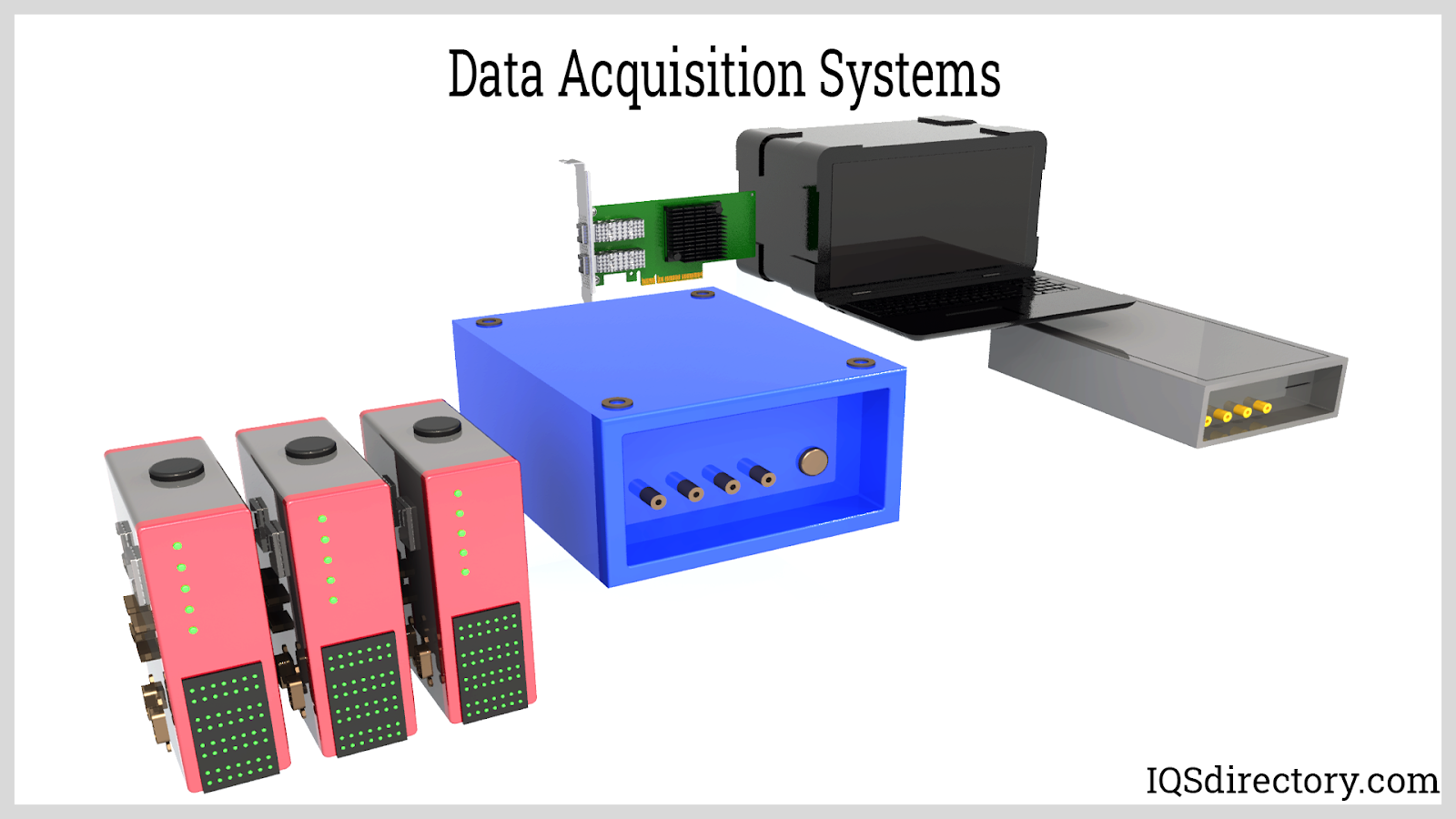
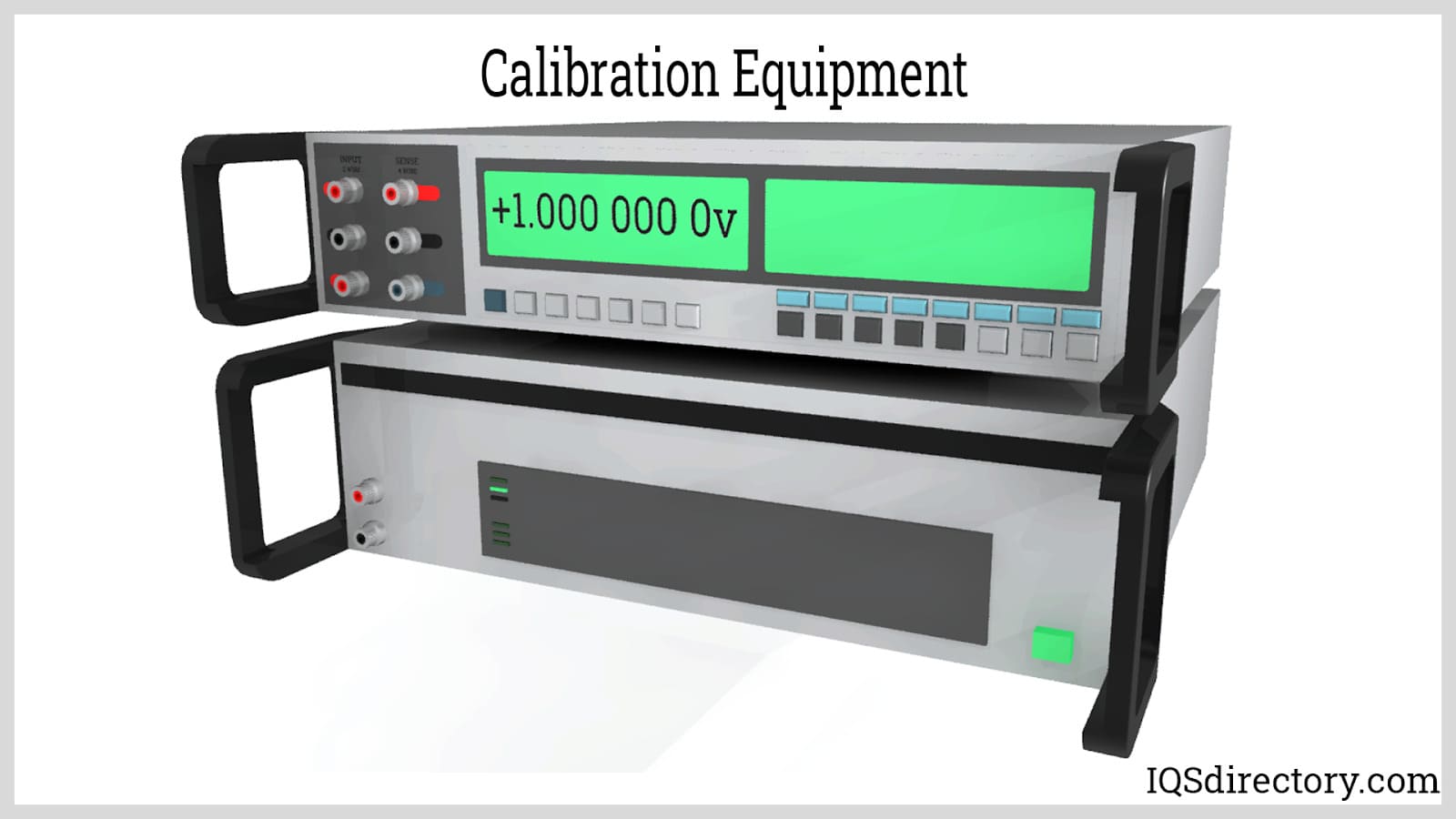
 Calibration Services
Calibration Services Clean Rooms
Clean Rooms Data Acquisition Systems
Data Acquisition Systems Dynamometers
Dynamometers Environmental Test Chamber
Environmental Test Chamber Leak Detectors
Leak Detectors Load Cells
Load Cells Machine Vision Systems
Machine Vision Systems Scales
Scales Thermocouples
Thermocouples Castings & Forgings
Castings & Forgings Bulk Material Handling
Bulk Material Handling Electrical & Electronic Components
Electrical & Electronic Components Flow Instrumentation
Flow Instrumentation Hardware
Hardware Material Handling Equipment
Material Handling Equipment Metal Cutting Services
Metal Cutting Services Metal Forming Services
Metal Forming Services Metal Suppliers
Metal Suppliers Motion Control Products
Motion Control Products Plant & Facility Equipment
Plant & Facility Equipment Plant & Facility Supplies
Plant & Facility Supplies Plastic Molding Processes
Plastic Molding Processes Pumps & Valves
Pumps & Valves Recycling Equipment
Recycling Equipment Rubber Products & Services
Rubber Products & Services